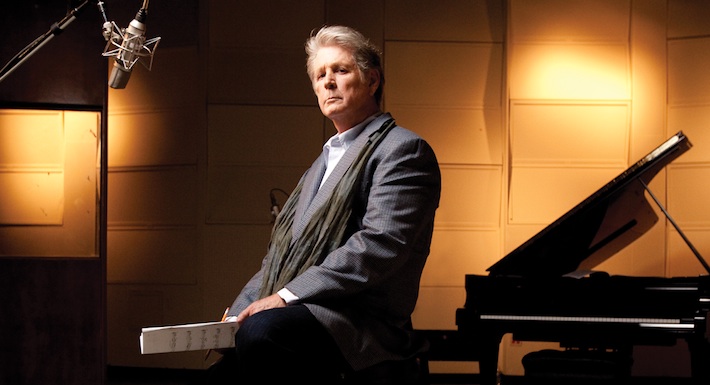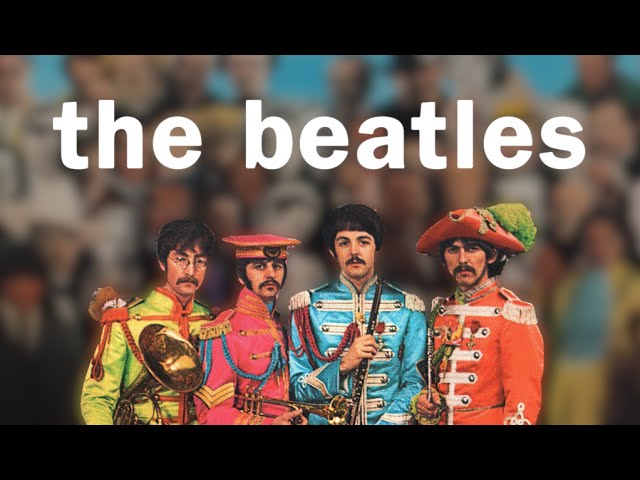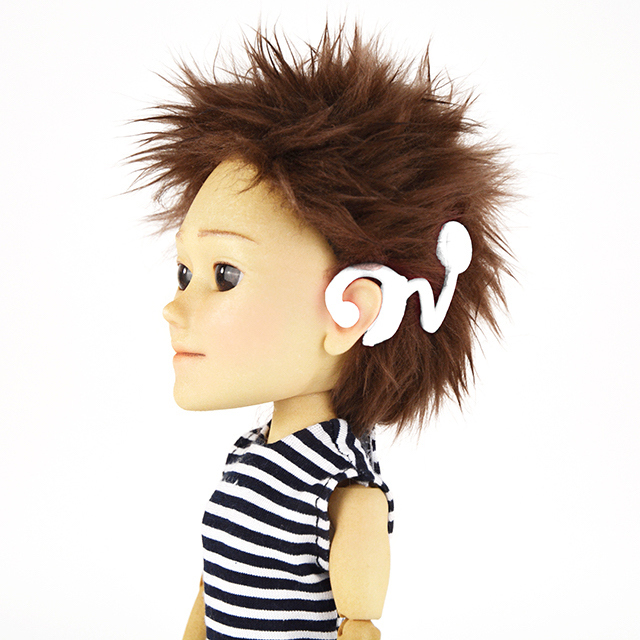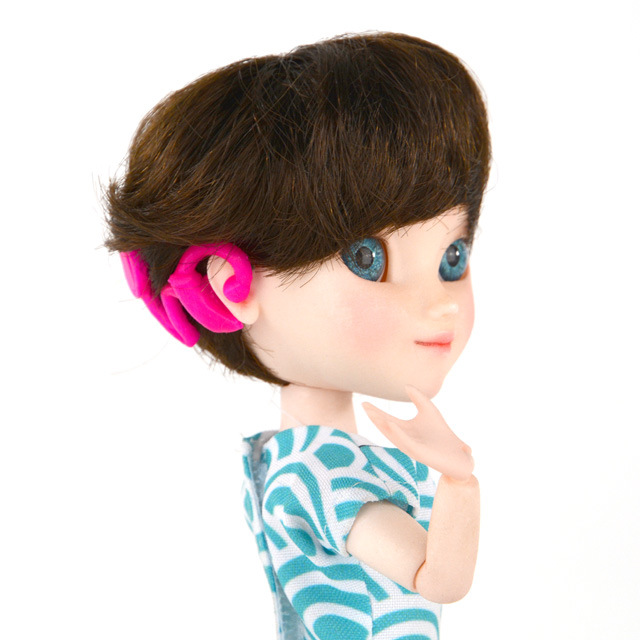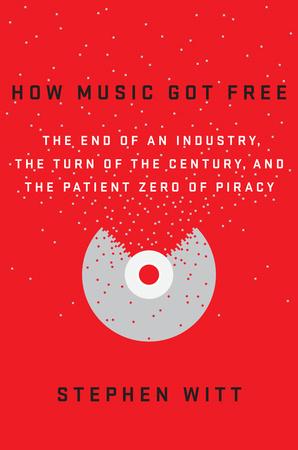WHATEVER happened to the laptop computer? Two years ago, on my flight to Las Vegas for Comdex, the annual microcomputer trade show, every second or third passenger pulled out a portable, ostensibly to work, but more likely to demonstrate an ability to keep up with the latest fad. Last year, only a couple of these computers could be seen on the fold-down trays. This year, every one of them had been replaced by the more traditional mixed drink or beer.
Was the laptop dream an illusion, then? Or was the problem merely that the right combination of features for such lightweight computers had not yet materialized? The answer probably is a combination of both views. For the most part, the portable computer is a dream machine for the few.
The limitations come from what people actually do with computers, as opposed to what the marketers expect them to do. On the whole, people don’t want to lug a computer with them to the beach or on a train to while away hours they would rather spend reading the sports or business section of the newspaper. Somehow, the microcomputer industry has assumed that everyone would love to have a keyboard grafted on as an extension of their fingers. It just is not so.
But the real future of the laptop computer will remain in the specialized niche markets. Because no matter how inexpensive the machines become, and no matter how sophisticated their software, I still can’t imagine the average user taking one along when going fishing.



